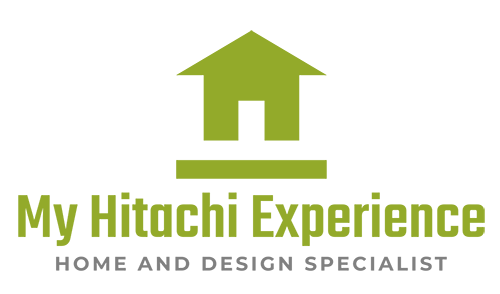Why Passive Houses Are the Future of Residential Real Estate
Passive houses are more than just energy-efficient buildings. They follow strict design principles to minimize energy use for heating and cooling. With superior insulation, airtight construction, and advanced ventilation systems, these homes maintain comfort while consuming very little energy. Just like DEA VITA promotes these sustainable designs, it represents a shift in how people approach residential real estate.
Energy Efficiency at Its Core
The defining feature of a passive house is its ability to drastically reduce energy consumption. By capturing natural heat from the sun and using high-performance windows, these homes maintain a stable indoor climate year-round. This efficiency lowers utility bills and reduces reliance on fossil fuels. Over time, energy savings become a major financial benefit for homeowners.
Superior Indoor Comfort

Passive houses are designed to ensure comfort in every season. Their ventilation systems provide fresh air without drafts. Walls and windows retain heat in winter and keep interiors cool in summer. Humidity and temperature remain balanced. This level of comfort is unique compared to conventional homes, which often struggle with inconsistent indoor climates.
Environmental Benefits
Energy efficiency goes hand in hand with environmental responsibility. Passive houses drastically reduce carbon emissions. Less energy demand means fewer greenhouse gases are released. Choosing a passive house is a proactive step toward combating climate change. Builders and homeowners alike can make a meaningful contribution while enjoying a modern, sustainable living space.
Cost Considerations and Value
Building a passive house can require higher upfront costs due to specialized materials and construction techniques. However, lower energy bills and reduced maintenance often offset these costs over time. In real estate markets, energy-efficient homes are increasingly attractive to buyers. They can command higher resale values, making them a smart investment in the long term.
Heightened Market Interest

Homebuyers are becoming more conscious of sustainability and efficiency. Passive houses appeal to those seeking reduced environmental impact and lower living costs. Real estate trends indicate growing interest in energy-efficient homes. Investors, developers, and homeowners who adopt passive house principles now position themselves advantageously for future market shifts.
Adaptation and Innovation
The passive house concept encourages innovation in design and construction. Architects experiment with new materials, window placements, and insulation methods. Builders constantly refine techniques to optimize performance. This culture of innovation ensures that passive houses remain at the forefront of sustainable residential design.
Passive houses are not just a trend. They are a long-term solution for sustainable living. They demonstrate how thoughtful design can improve comfort, lower costs, and reduce environmental impact simultaneously. For real estate, they represent a forward-looking approach that aligns with evolving buyer expectations. As energy efficiency and sustainability become standard priorities, passive houses are poised to lead the market.
